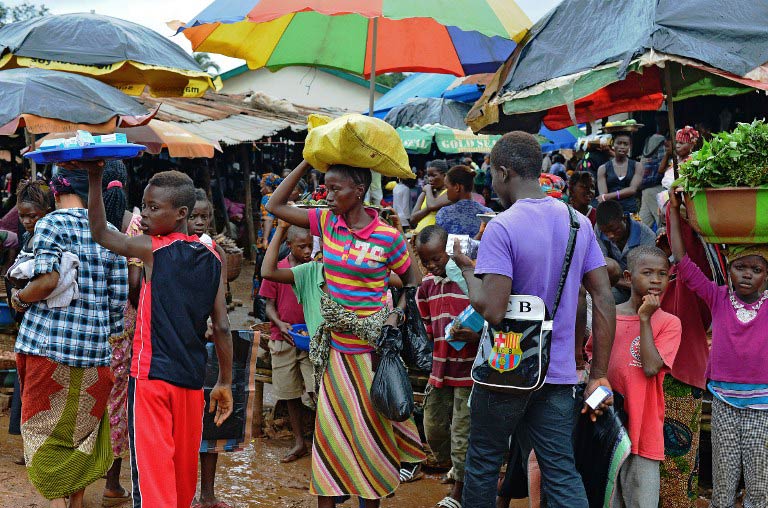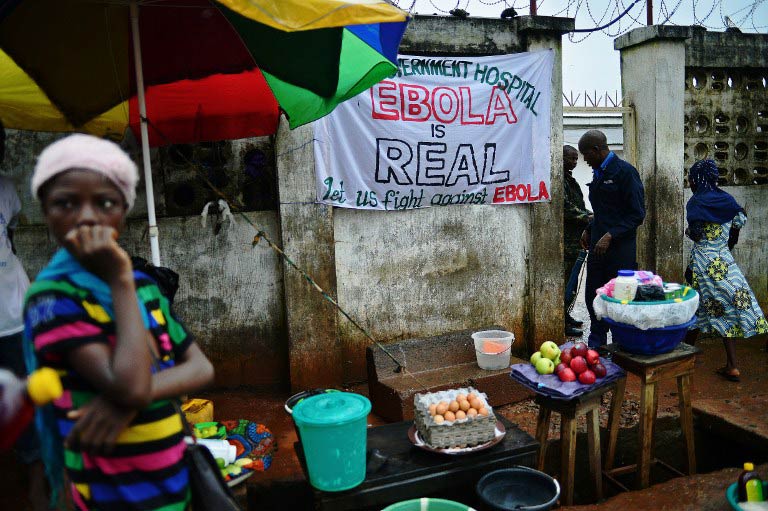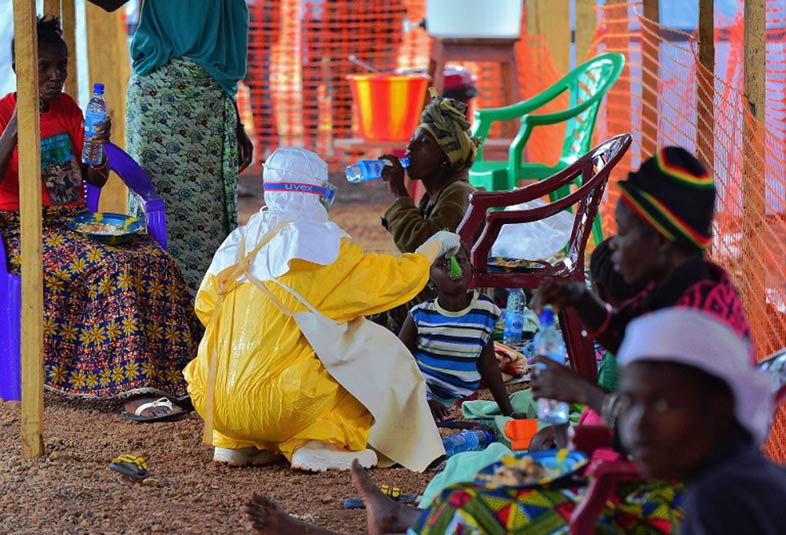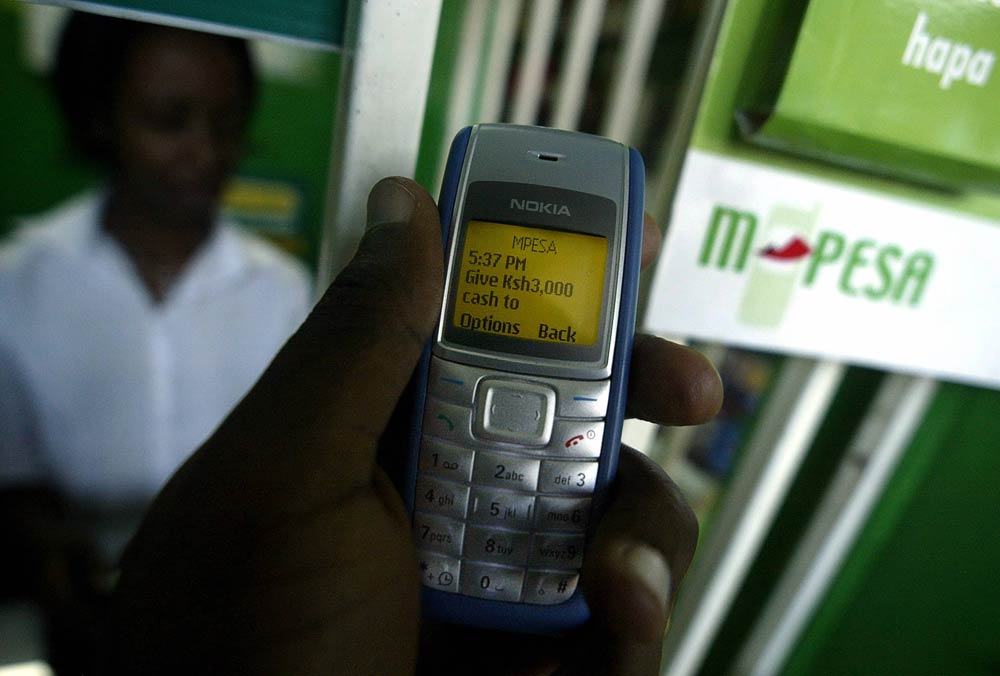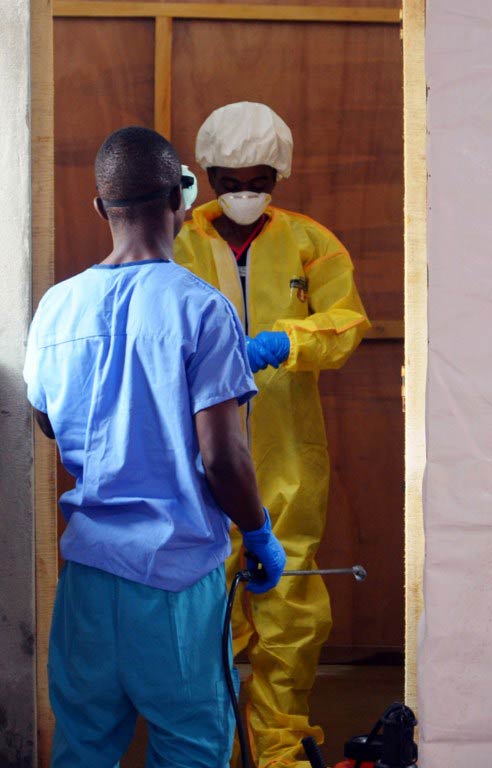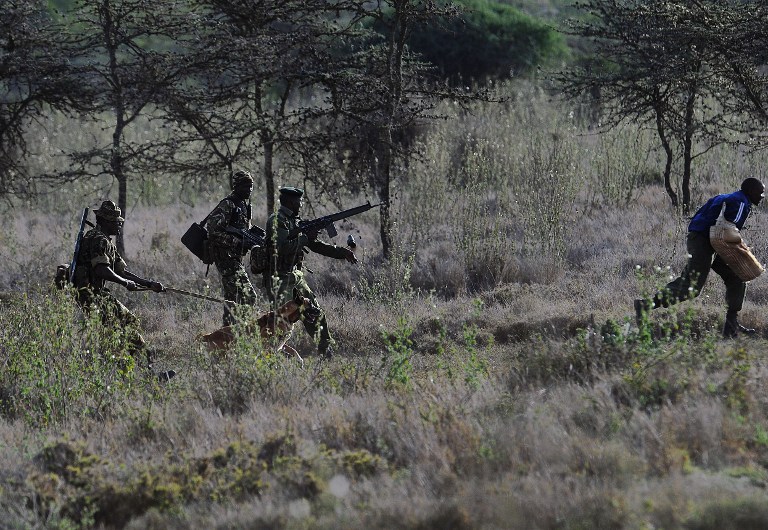
With camouflage uniforms, assault rifles, night vision goggles, thermal imaging devices and radios, wildlife rangers in Kenya’s Ol Jogi rhino sanctuary prepare for night patrol in the “war” against poaching.
As the late afternoon sun creeps towards the horizon and shadows lengthen on the sweeping plains dotted with rocky outcrops, Ol Jogi’s armed rangers get set for another tough night on patrol.
“It sounds crazy, but it’s actually a war,” said Jamie Gaymer, head of security for the vast reserve.
“It is organised crime on an international level and it is completely out of control. And these are the guys on the frontline who are having to put their lives at risk in order to protect these animals.”
Through the thick bush, some 20 men from the local community head out in pairs into the reserve covering some 240 square kilometres, an area twice the size of Paris situated in the high plains north of Nairobi.
Some men spend the night on patrol creeping through the forests, others take up “ambush positions”.
Trained by the Kenya Wildlife Service and police, the 32 men in the security force are also reserve police officers, allowed to carry weapons.
The teams have also had military training to even the odds in a potentially deadly battle with a “well-equipped enemy”, Gaymer adds.
They risk their lives every night. The poachers they hunt shoot on sight, while the rangers must also be watchful for the wild animals themselves: elephant, lion, buffalo and leopard.
“It’s dangerous, but it is also the danger that gives me a job and allows me to eat,” said 27-year-old ranger Joseph Nang’ole.
“I have children, and if we do not protect these animals, my children will not be able to see them.”
Conditions can be harsh: the night is long, cold and often wet: but for the head of the unit, Benson Badiwa, protecting the rhinos is key.
“They bring tourists to Kenya, so they help the people,” he said.
Rangers do not speak of “poachers” but rather “the enemy.”
Their mission is to protect the 66 rhinos in Ol Jogi, including 20 southern white rhino, and 46 critically endangered eastern black rhino, which face extinction with fewer than 800 left, with the vast majority in Kenya.
The animals’ horns are coveted in some Asian countries as a traditional medicine and as a status symbol.
On the black market, a rhino horn is worth twice its weight in gold: as much as $80 000 per kilo in the Middle East or Asia.
A poacher receives between $10 000 – 15 000 per kilo, a fortune for a night’s work that would take a lifetime to earn legally.
Their weapons are sometimes rented for $200-300 a night from unscrupulous police or soldiers.

In July, Ol Jogi suffered the worst massacre of rhinos in Kenya in more than 15 years.
Four rhinos were killed in a coordinated double attack, something “never seen” in Kenya, said Gaymer, who suspects the organised gangs had inside knowledge.
As in any war, intelligence is a crucial weapon, and Gaymer maintains a network of local informants who report on those suspected of links to poachers.
“If a guard is offered 300 000 shillings ($2 000-$3 000) to guide them to a rhino, he’ll think twice,” said Johnny Weller, Ol Jogi’s managing director.
In 2013, at least 59 rhinos were killed in Kenya, twice as many as the year before, leaving around a thousand left in the whole country.
At Ol Jogi, six rhino calves have been born this year, but eight rhinos were killed.
“We cannot let this trend continue,” said Gaymer, adding that armed rangers are now “unfortunately necessary” with the costs of protection spiralling.
At Ol Jogi, some 130 people are working to protect 66 rhinos, with some costs covered by the top-end tourists who visit.
“I have so many people, so much equipment,” Weller said, recalling simpler days in the 1980s, when the private reserves were established.
There were fewer than 400 black rhinos in Kenya in 1987, and private conservancies like Ol Jogi have contributed to the species’ survival.
Today they protect nearly 60 percent of Kenya’s rhinos, but security costs are mushrooming and rely on donations to continue.
“If the rhinos disappear, then what? Elephants, buffaloes? Where does it stop? There will always be a market for something,” Weller said.
“There is a (human) population explosion, there is need for land in this country, but if there aren’t substantial areas left for wildlife, there won’t be any left.”
In the battle to protect the wildlife, winning hearts and minds is key, to persuade local communities of the long-term benefits of protecting wildlife.
“I’d love to see political will to support rhino and wildlife,” Weller added. “Without that it will be an uphill battle.”
As dawn breaks and the night patrol ends, the rangers report all had been quiet, as they head home after debriefing, to catch some sleep before another night on the frontlines. The night may have passed without incident, but Gaymer is still downbeat.
“Across Africa we are fighting a losing battle at the moment,” he said.

